Mapel, founded in 1977, has undergone significant growth and transformation over the years.
It has expanded its operations to cover an impressive area of twenty thousand square meters, encompassing a complete vertical production cycle.
This means that Mapel manages various stages of production, from raw materials to finished products.
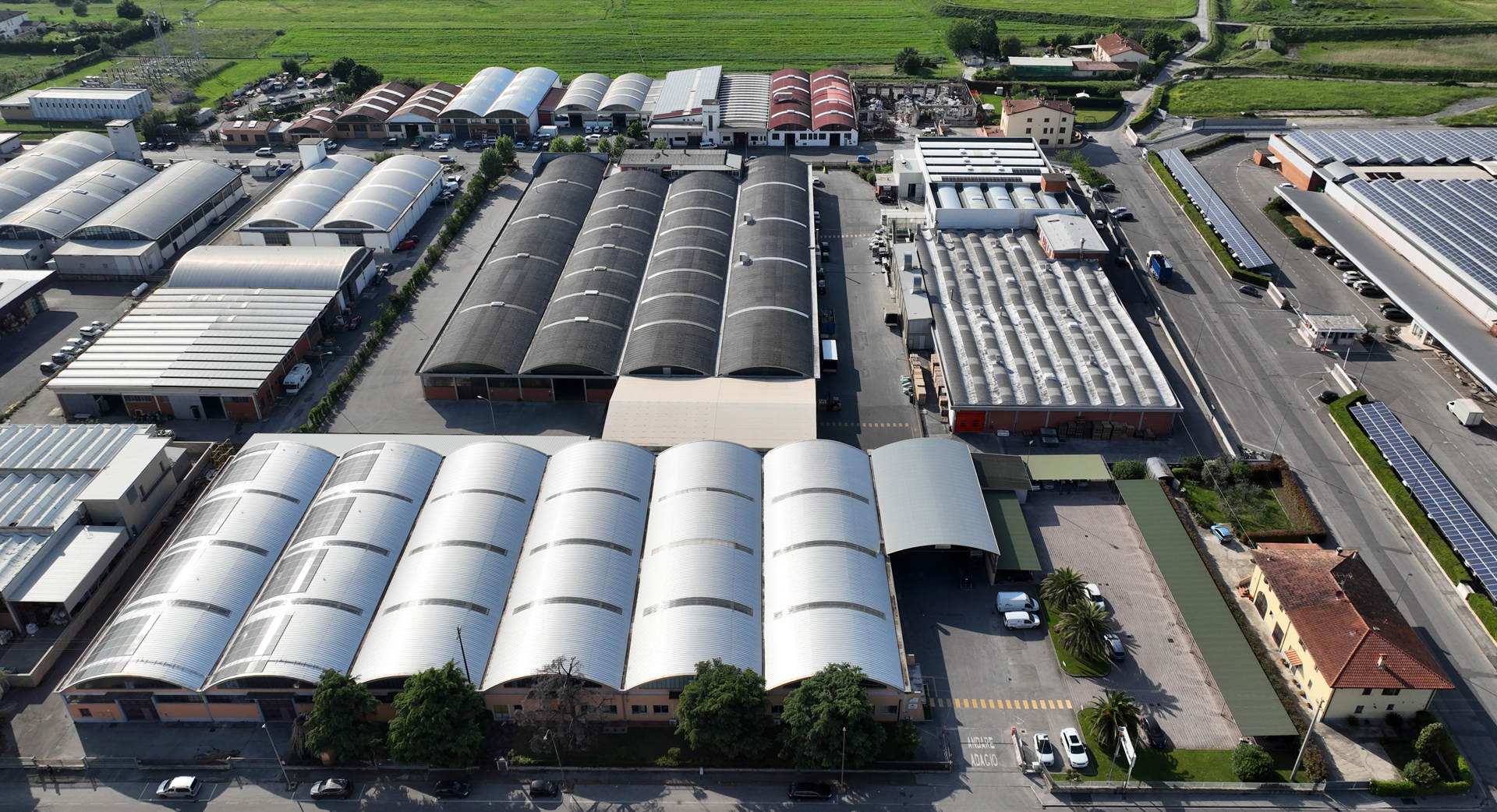
Mapel specializes in the production of knitted fabrics for the fashion industry, focusing on wool, mohair wool, and synthetic materials. These fabrics are likely used in the creation of various fashion garments, from luxury sector to sportswear.
Additionally, Mapel has an autonomous division dedicated to the production of technical fabrics.
Mapel’s commitment to sustainability is commendable. The company firmly believes that technical efficiency, style, and environmental responsibility can go hand in hand. By prioritizing sustainability, Mapel aims to contribute to a safer and more responsible future.
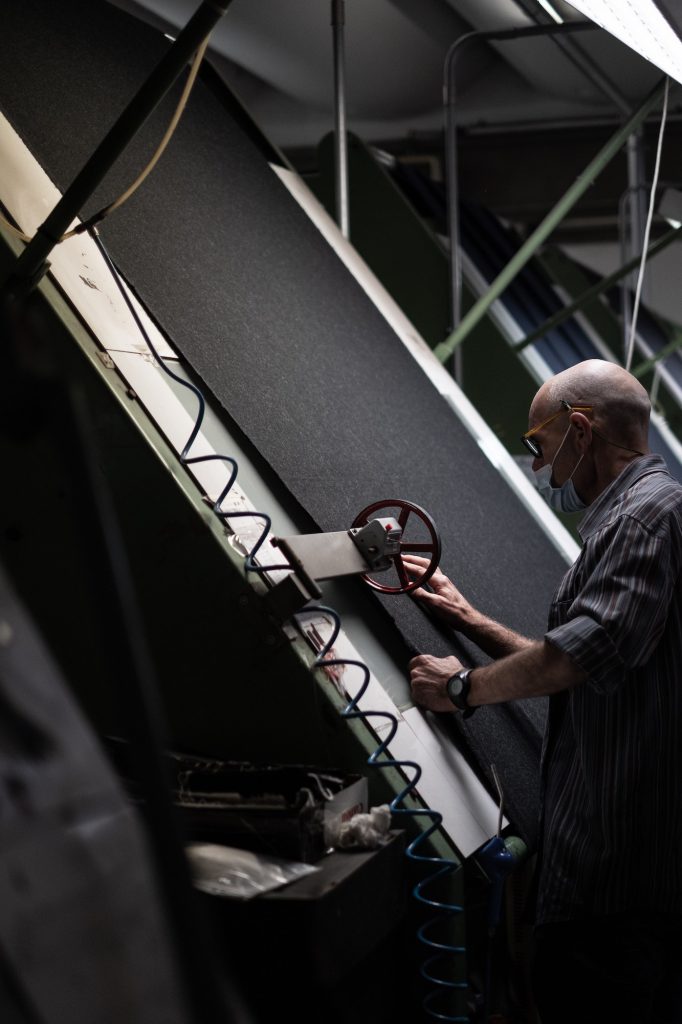
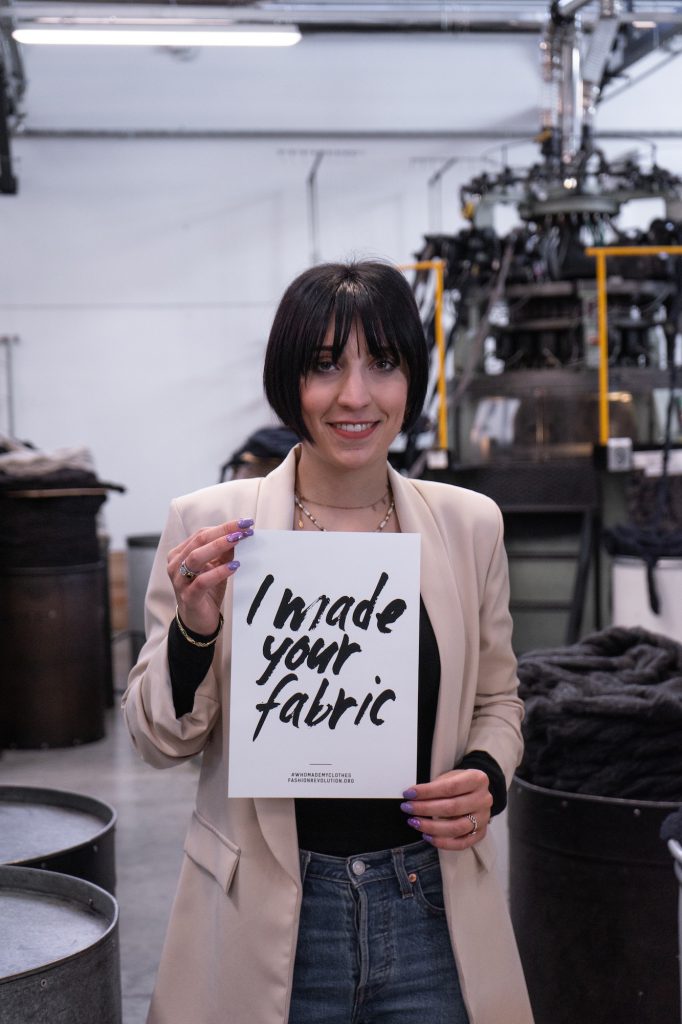
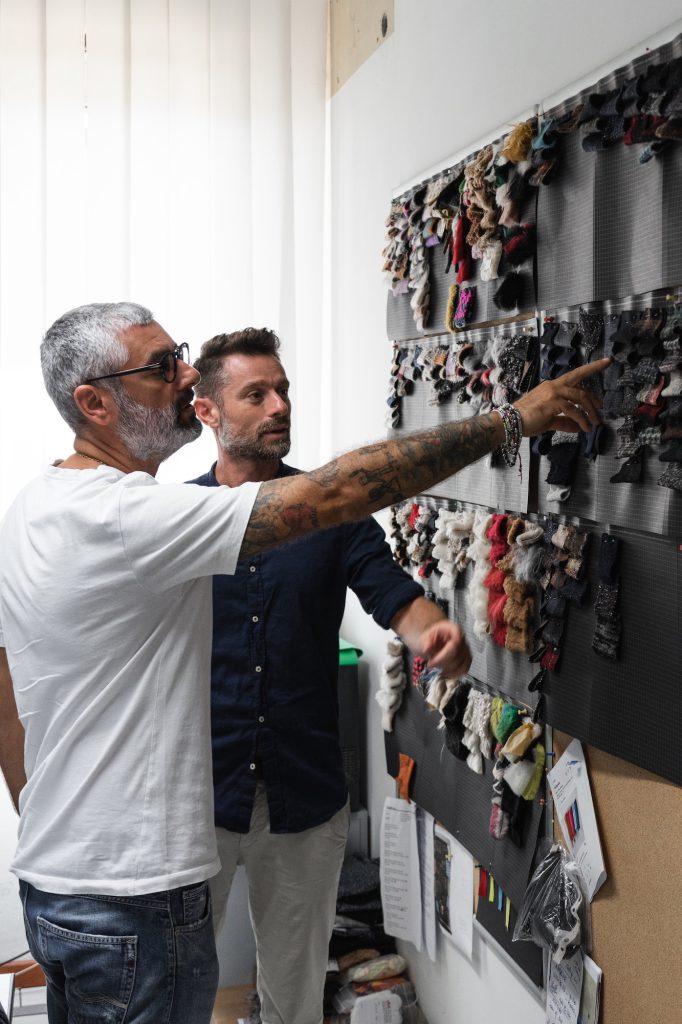
Don’t miss out our latest news, write down your email to stay up-to-date or send a message to request infos.
Mapel, founded in 1977, has undergone significant growth and transformation over the years. It has expanded its operations to cover an impressive area of twenty thousand square meters, encompassing a complete vertical production cycle. This means that Mapel manages various stages of production, from raw materials to finished products.
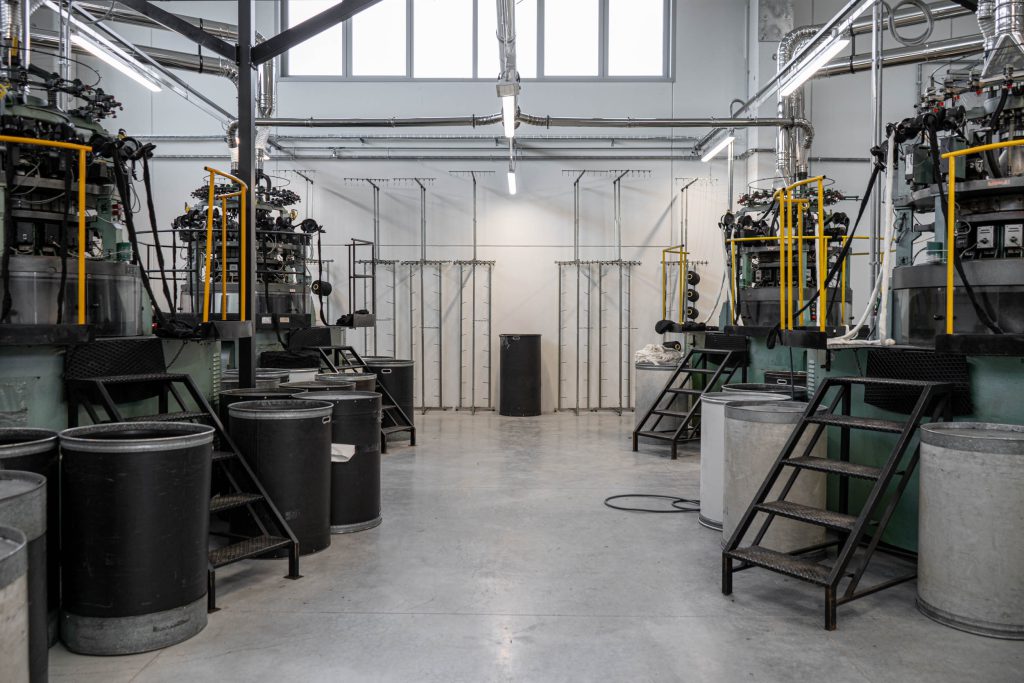
A notable strength of Mapel lies in its remarkable flexibility and adaptability. The company’s structure is designed to respond swiftly to market demands and changes. This ability to adjust and align with customer preferences and market trends is supported by the dedicated research and development team. The department likely conducts studies and researches new technologies, materials, and designs to ensure that the company remains innovative and competitive.
Overall, Mapel’s journey from its founding in 1977 to its present state showcases its growth, diversification, and commitment to excellence in meeting market demands.
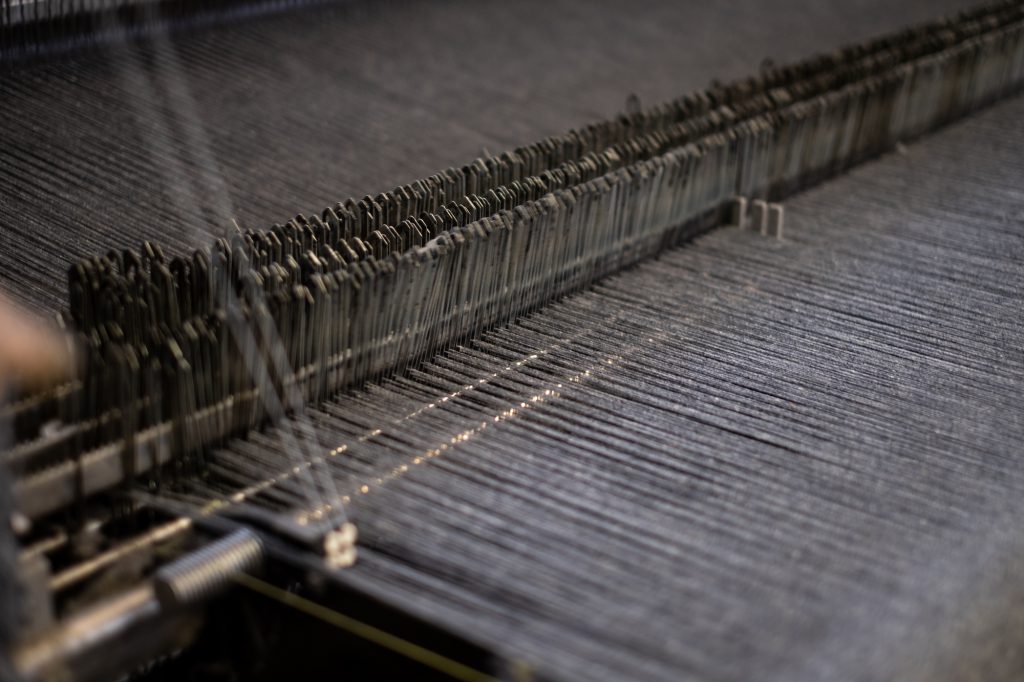
Throughout its evolution, Mapel has diversified its product offerings, leading to the creation of different divisions within the company. These divisions include the fashion division, which likely focuses on designing and manufacturing fabrics, and the industrial division, which may be involved in producing fabrics for the industrial sector.
Mapel’s sales network extends across all countries, indicating its global reach and a commitment to exploring new markets. This suggests that the company actively seeks out opportunities to expand its customer base and increase its presence worldwide.
A notable strength of Mapel lies in its remarkable flexibility and adaptability. The company’s structure is designed to respond swiftly to market demands and changes. This ability to adjust and align with customer preferences and market trends is supported by the dedicated research and development team. The department likely conducts studies and researches new technologies, materials, and designs to ensure that the company remains innovative and competitive.
Overall, Mapel’s journey from its founding in 1977 to its present state showcases its growth, diversification, and commitment to excellence in meeting market demands.
Mapel specializes in the production of knitted fabrics for the fashion industry, focusing on wool, mohair wool, and synthetic materials. These fabrics are likely used in the creation of various fashion garments, from luxury sector to sportswear.
Additionally, Mapel has an autonomous division dedicated to the production of technical fabrics. These fabrics are specifically designed for applications such as paint rollers and cleaning purposes, indicating the company’s versatility in catering to different industries.
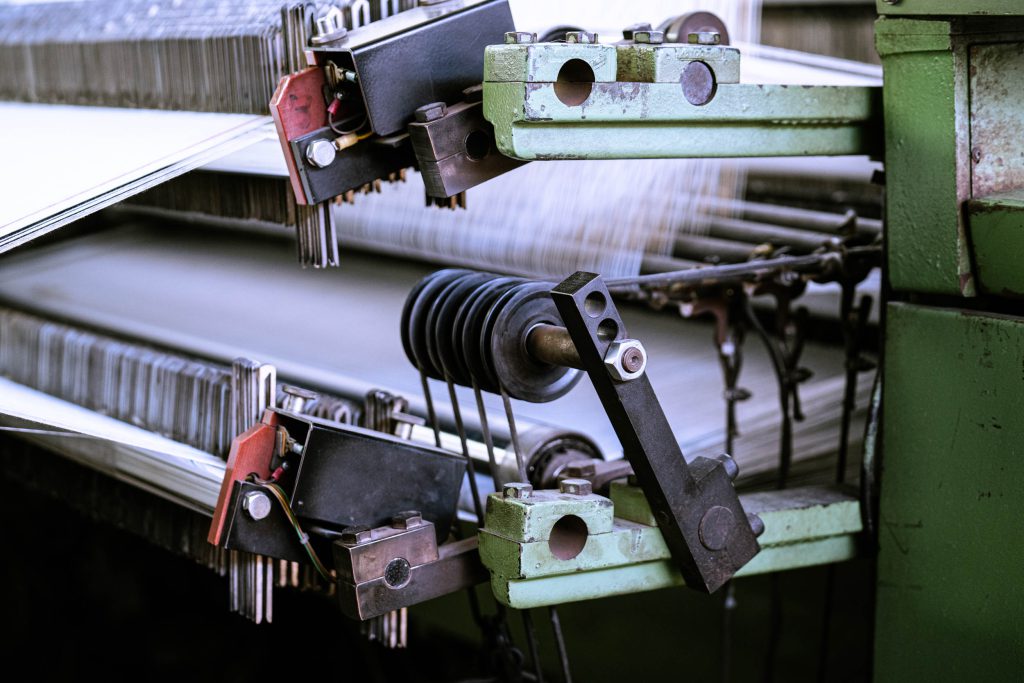
Mapel’s commitment to quality begins with the selection of raw materials. The company conducts research to identify the best qualities of wool, mohair wool, synthetics, and other materials from around the world. These carefully chosen materials are then integrated into a local, vertical supply chain, ensuring transparency and traceability throughout the production process.
By having a vertical production system, Mapel maintains control over every step of the production cycle. Raw materials enter the facility, and finished products are produced and shipped out. This vertical integration enables Mapel to closely monitor and manage the production processes, ensuring consistent quality and high standards of excellence in the final products.
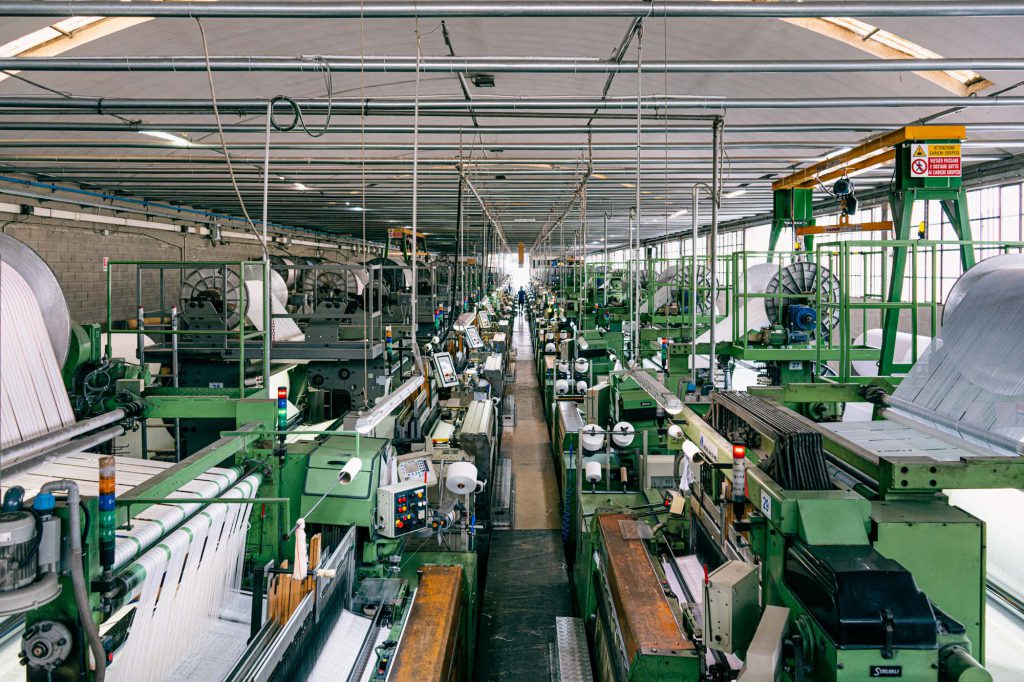
The production facilities of Mapel span an impressive 20,000 square meters, providing ample space for various stages of the production cycle. This extensive infrastructure allows for efficient and effective production, further contributing to the company’s ability to maintain stringent control and deliver top-notch products.
Overall, Mapel’s specialization in fashion fabrics and its vertical production cycle underscore the company’s dedication to quality, transparency, and excellence in serving the fashion industry and other sectors requiring technical fabrics.